A common problem addressed in a telecom expense management or telecom invoice auditing program is third party billing, known as “cramming”. TEM firms have long known that this is a problem on landline invoices, and now it is creeping onto cell phone bills too. And Congress is taking notice. A recent report, and a Senate hearing yesterday, are shedding light on the problem and suggesting changes to help remedy it.
Cramming, in the shortest sense, is a fee tacked onto your bill by a third party firm – someone other than your actual telephone or wireless provider – for a service that you didn’t want or often even knew you had. This can be anything – voicemail fees, ringtone charges, credit protection services, “fee for text” broadcasts, the list goes on and on. Whatever it is, you didn’t ask for it, you don’t want it, you probably don’t use it, and the telecom industry makes MILLIONS of dollars a year from it.
But the finger isn’t pointed just at those third party firms, it is also pointed directly at the big telecom vendors. A report issued Wednesday by Sen. John Rockefeller, D-W.Va., the result of a year-long investigation, says that three firms — Verizon, AT&T and CenturyLink/Quest — earned $650 million as their cut of cramming charges levied by third-parties since 2006. So part of the complaint is that these big vendors have to know about this practice, and are thus quietly complicit in letting it continue since they get a small percentage of each charge for allowing it onto their bill.
The FCC is working on issuing new rules to help eliminate these practices, but time will tell how quickly they get enacted and how easily they are enforced.
For more information, read the full story here

